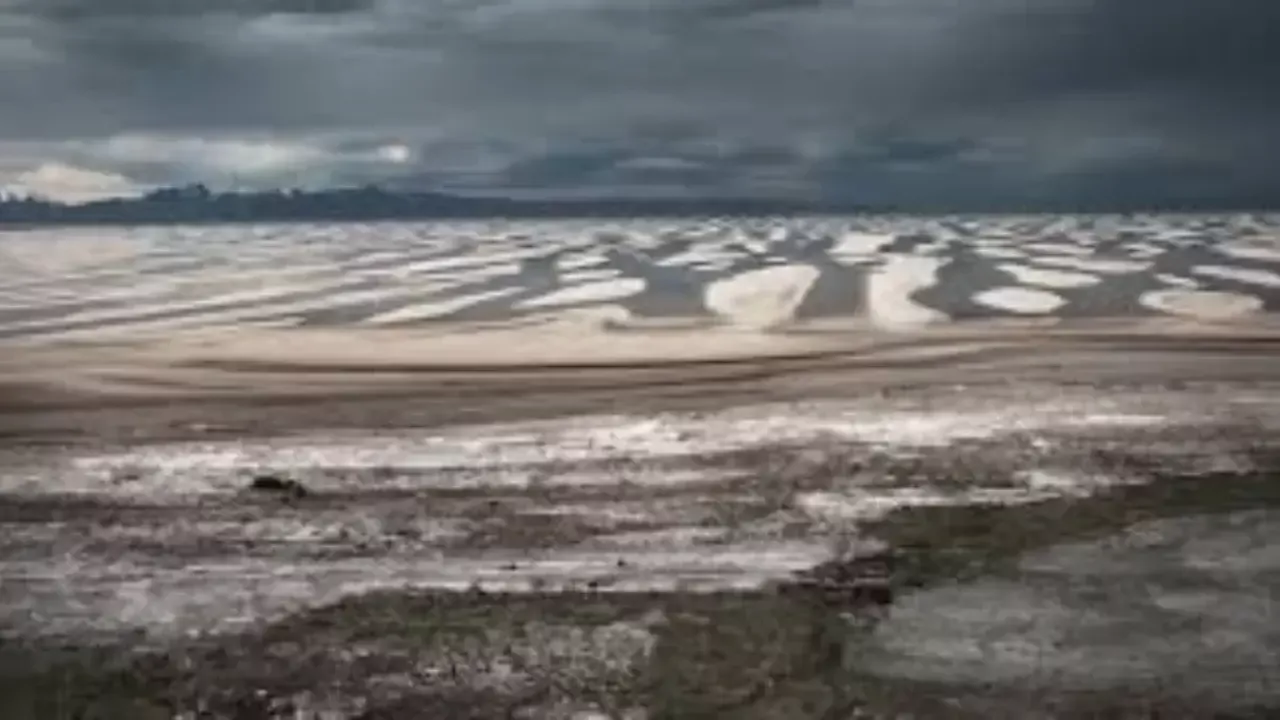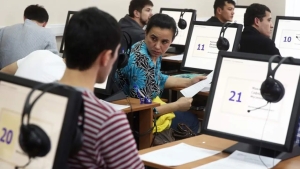
Urmia Lake, located in Iran and considered the largest saltwater basin in Asia, has completely dried up. This was reported by Zamin.uz.
This situation is causing widespread discussions not only among ecologists but also within the public and opposition media. According to officials, the drying up of the lake is directly related to the government's water policy.
According to data, more than one million illegal wells have been dug in the country, leading to a sharp decrease in underground water. At the same time, the agricultural sector consumes 88 percent of the total water resources, while its share in the domestic product of the economy is only 10 percent.
Ecologists emphasize that the drying of Urmia Lake has caused serious problems in the natural environment. In particular, due to drought, winds have intensified, making farming activities more difficult.
This poses a significant threat to food security and the lifestyle of the population in the region. It is noted that the disappearance of the lake could lead not only to an ecological but also to social and economic crisis.
Therefore, it is necessary to strengthen measures for the effective management and protection of water resources. Otherwise, the natural resources in the region and the quality of life of people will remain under serious threat.







